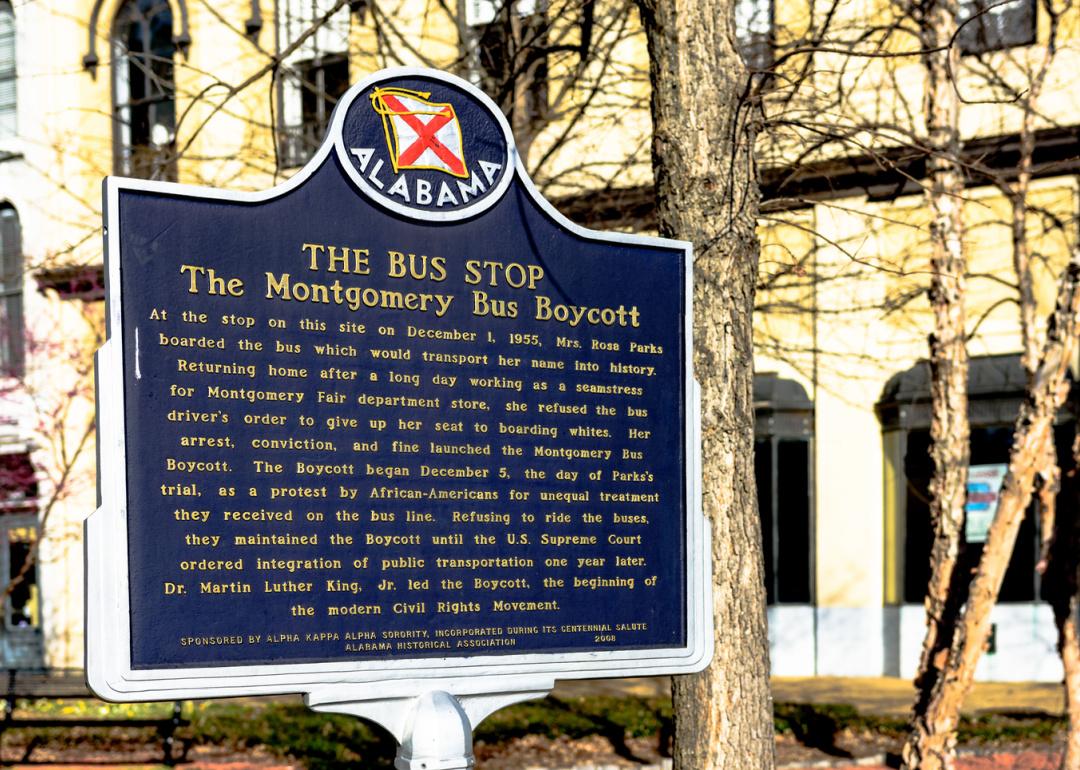
Women get a vote and a voice: A major civil rights moment in Wyoming
Women get a vote and a voice: A major civil rights moment in Wyoming
A land of contradictions from the outset, the United States was founded by slave owners who spoke passionately and eloquently about liberty, freedom, and justice for all. In the beginning, "all" was limited to men of European ancestry who were wealthy enough to own land. The Constitution's protections did not apply to most of the people living in America for most of America's history—at least not in full.
Women—about 50% of the population—were not included in the country's concept of "all," likewise millions of slaves—and for a long time, their offspring. Native Americans, the descendants of the original inhabitants of the United States, were commonly excluded from the promise of America, as were many immigrants, ethnic groups, and religious minorities.
Despite all the work that remains to be done, all of those groups and many others now enjoy freedoms that had to be won—won through the courts, through the court of public opinion, through mass demonstrations, through legislation, through boycotts, and in many cases, through martyrdom.
Fighting to expand the definition of "all" requires powerless people to challenge the power structures that benefit from keeping certain people locked in their status as second-class citizens. They often do it at great risk to their jobs, their reputations, their homes, and in many cases, their lives. Even so, brave advocates and activists fought the good fight in every state in America. Each state has a unique story to tell about the epic struggles for civil rights that were waged there, as well as those that continue to be waged. The following is a tiny sliver of their collective efforts.
Using a variety of sources, Stacker identified a defining moment for civil rights in all 50 states. They stand out for different reasons and led to changes that lifted different groups, but they all prove how much can be achieved—and how much still remains to be accomplished.
Keep reading to find out your state's contribution to civil rights.
Wyoming: Women get a vote and a voice
The 19th Amendment granted women the right to vote in 1920, but women in Wyoming had already been making their voices heard at the ballot box for decades. Before it was even a state, the Wyoming Territory granted women's suffrage in 1869 and confirmed it after securing statehood in 1890, making it both the first territory and the first state to extend the franchise to women. It launched a trend across the West, with the next five states to give women the vote being Colorado, Utah, Idaho, Washington, and California, with Arizona, Oregon, Montana, and Nevada also beating the 19th Amendment to the punch.
Click here to see an event from every state or continue reading for other events near Wyoming.
Colorado: A cultural rainbow gets results
Colorado's sizable population of not only African-Americans but also Native Americans, Mexican Americans, Roman Catholics, and Jewish immigrants all faced discrimination through the first half of the 20th century. Alone, these disparate underclasses did not have enough leverage to demand change—so they joined forces. A multiracial, multiethnic civil rights coalition protested and petitioned until the state passed a series of sweeping civil rights laws in 1957 to protect vulnerable minority groups, outlaw discrimination in housing and employment, and repeal bans on interracial marriage.
Idaho: Idaho beats the country to the punch
Idaho has a long, proud, and often overlooked history of important civil rights achievements dating back to mask-ban laws that challenged the Ku Klux Klan at the height of the group's power in the 1920s. Idaho's finest moment, however, came in 1961, when the state passed a comprehensive civil rights bill three years before the United States as a whole.



